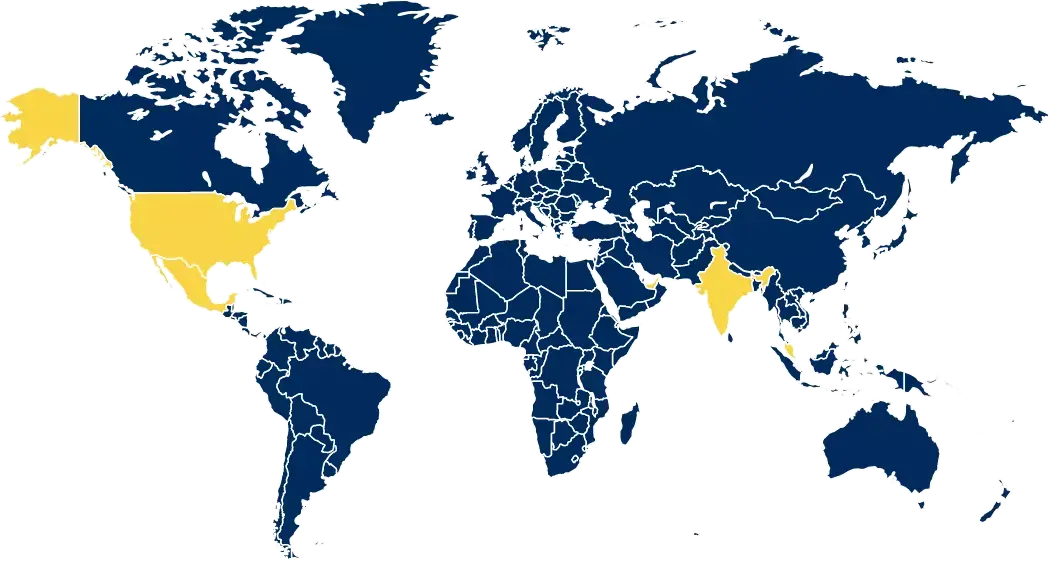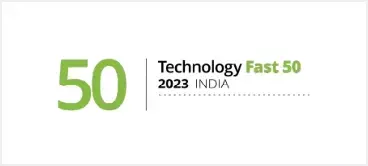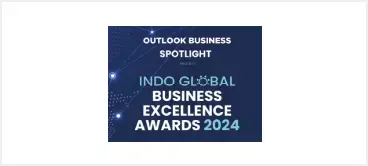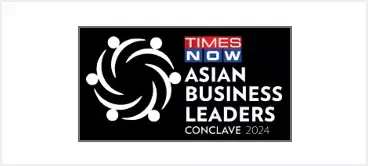Get immediate Working Capital on upto 95% of the Invoice Value
Ready to Take Your Business to the Next Level?
Get hassle free financing for your business
Experience a game-changing approach to supply chain financing with Credlix!
We enable tailored financing solutions powered by cutting-edge tech and an extensive lending network for your business.
Export Factoring
Avail non-recourse factoring upto 90% of Invoice value for buyers in 90+ countries from Credlix upto 120 days
PO Finance
Avail financing against confirmed purchase orders from Credlix. Both domestic & export orders (upto 90 days).
Sales Bill Discounting
Avail financing against your domestic sales to Buyers (preferably large customers) upto 120 days.
Early Payment
For Anchor customers, avail vendor financing solution tailor made for your business.
Empowering Businesses to Reach New Heights: Factoring, the Superior Alternative to Loans
Providing businesses with immediate access to cash by leveraging their accounts receivable.
From Local Roots To Global Expansion
Credlix Empowers MSME Growth
75,000 +
Invoice Funded
5000 +
MSMEs Onboarded
$500 mn+
Disbursed
120 +
Cities Coverage
Tailored Capital Solutions for Your Business
Credlix automates financing, letting you focus on what matters most - your business.

40 Cr. Funds upto in 48 Hours

Zero Collateral needed

Working capital Upto 90% of Invoice

Manage Multiple Credit Lines

Hassle Free Process

Secure & Reliable
Ready to Take Your Business to the Next Level?
Get hassle free financing for your business
We are backed by global investors























Our Global Network
Enable Faster Results
With offices in India, USA, UAE, and Mexico regions, Credlix offers localized support and expertise to clients worldwide.
 India
India Mexico
Mexico Singapore
Singapore USA
USA UAE
UAE
Why Choose Credlix?
Expertise in Supply Chain Financing
As part of the Moglix Group, we leverage deep industry insights and a robust network.
Global Reach
With offices in India, USA, UAE, and Mexico, and partnerships in 90 countries, we support your global trade needs.
Apply Today to unlock the value of your invoices and propel your business growth with Credlix.
Credibility You Can Trust
Backed by industry recognition
Our Happy Clients
What they say about us





FAQs
What is Supply Chain Finance?
What are the Documents Required for Supply Chain Finance?
What are the Types of trading services offered under Supply Chain Finance?
What is the Eligibility Criteria for Supply Chain Finance?
What is the Interest Rates for Supply Chain Finance?
How can one apply for Supply Chain Finance?
What are the Features & Benefits of Supply Chain Finance?
Who all can avail Supply Chain Finance?
What is the repayment tenor of supply chain finance?
What are the types of SME loans for supply chain finance?
How is the interest rate calculated and finalized by the company providing supply chain finance?
How many limits can a business avail from supply chain finance?














